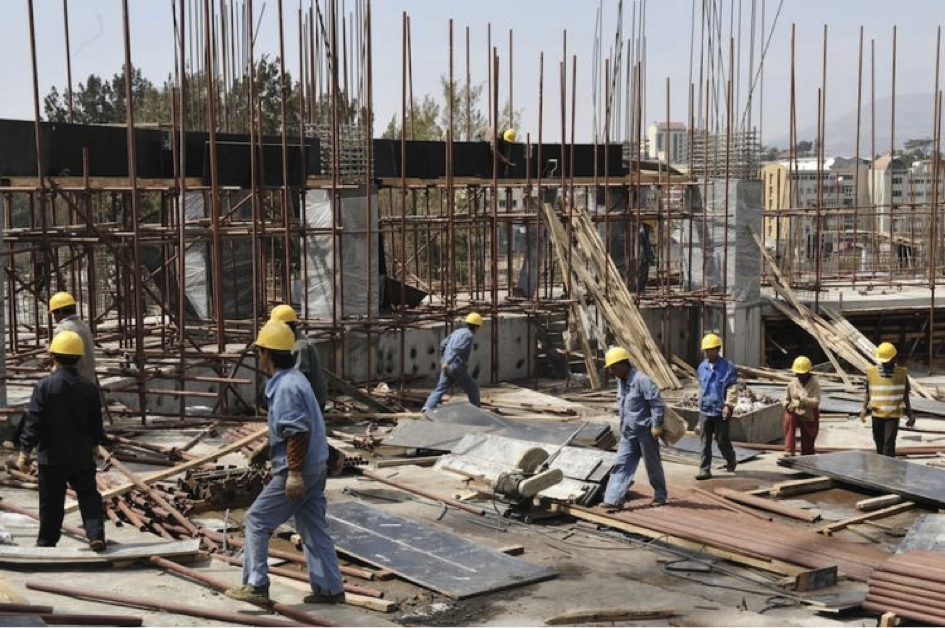The government of Ghana has launched its first Building Code aimed at regulating activities of the country’s building and construction industry.
Speaking during the launch, Dr. Mahamudu Bawumia, Ghana’s Vice President expressed delight over the production of the standard document after decades of effort in formulation.
“Ghana has been operating without a comprehensive building code since independence. Essentially, it has been a free for all in the building and construction industry with no clearly defined standards. Ghana’s construction environment will now be safe and meet international standards,” said Dr. Mahamudu Bawumia.
Also read: Ghana to revamp affordable housing units
Ghana Building Code
The Ghana Building Code GS1207 of 2018, is a 1,700 pages and 38 section comprising of requirements, recommendations, planning, management and practices that will lead to a smooth operation and construction of residential and non-residential buildings. Local Ghanaian training institutions will be provided with a copy that would soon be online.
The code was formulated by a 22 member technical team including representatives from the Ministry of Works and Housing, Ministry of Trade and Industry, Institution of Engineers, Surveyors and Institute of Architects and Standards Authority and passed by the legislature.
Components of the Building code
The building code sets regulations for areas such as; safeguarding during construction, site development and land use, energy efficiency and sustainability, fire and smoke protection measures, planning, management and practices under construction and requirements for plumbing and electrical systems among other.
Materials used in construction of schools, roads, hospitals and all public construction as per the gazetted noticed are required to use standard specific materials in accordance to the new Ghana building code. This will in turn create a fair and uniform cost for construction and guarantee safety from collapsing buildings.
The vice-president emphasized the need for having a building code for all countries. He described the move as a key component of the ruling government’s determination to formalize the Ghanaian economy. He further stated that, the building code gave people value for their money against all construction related procurement.
“Building Codes are critically important in all countries. They specify the requirements needed for all aspects of building and construction,” said the vice president.

Leave a Reply